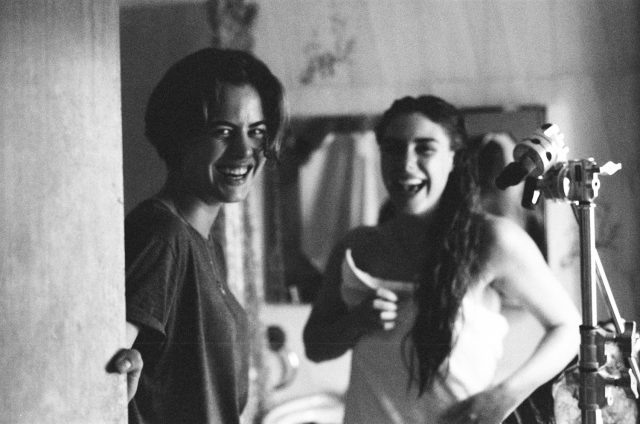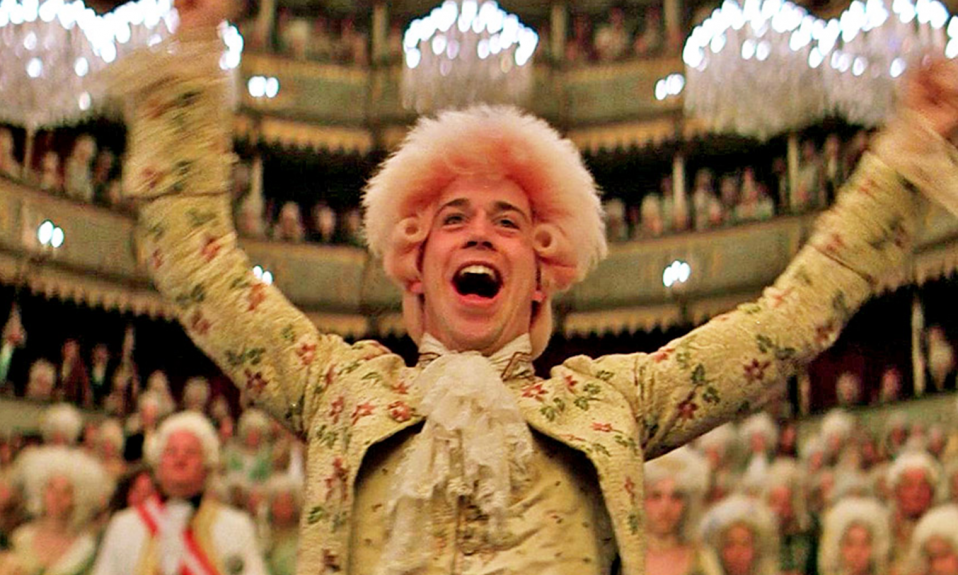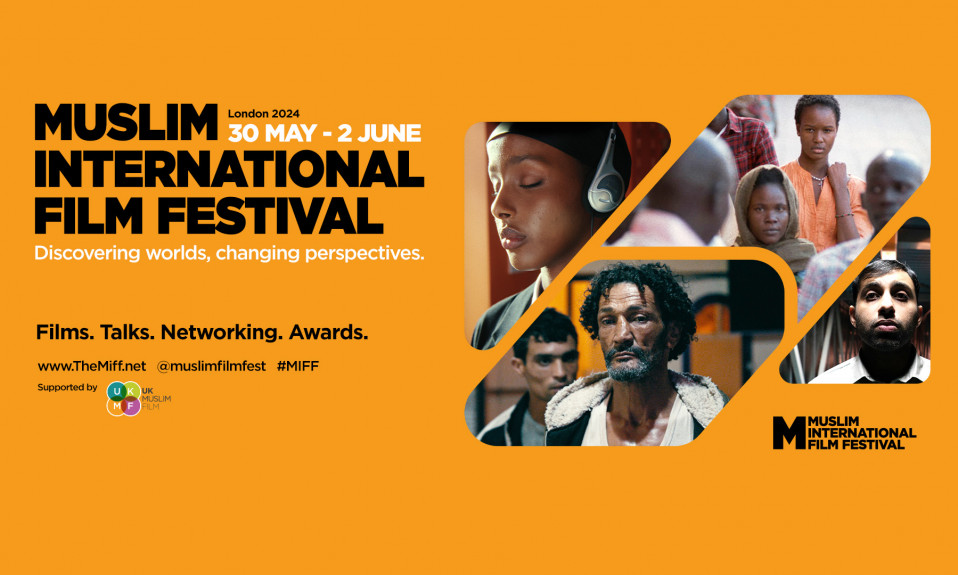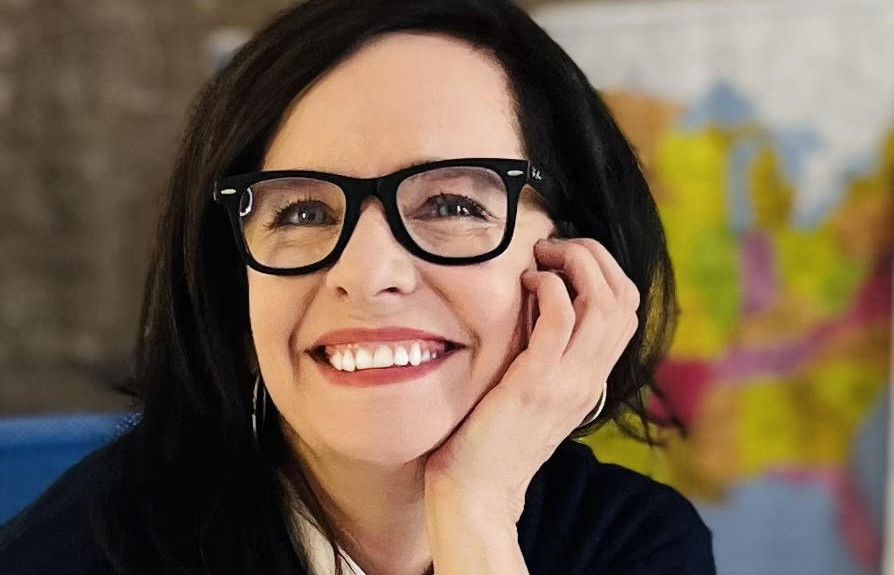We all like surprises – who doesn’t? At Big Picture Film Club, part of what makes our job so cool is that we are able to find hidden gems in the expansive film world and do our part in bringing them to the forefront. One such example is the short film, Anchor, by photographer and director, Madeleine Morlet. Although only 9 minutes long, there is not a second wasted in this gripping power play between two lovers, exploring sexual dependency and complex emotions in an increasingly strained relationship.
In Madeleine’s own words, “Anchor is exploring feelings, by coming at it from a place of rigid constraints it was also possible to explore the dullness of extreme feeling. The piece captures a woman as she reaches the full saturation of what she is able to feel, to the point where everything flatlines and nothing but a dull ache remains”. We took the opportunity to have a few words with Madeleine to find out more about what she is up to and to discover more about Anchor…
Big Picture Film Club: What was your motivation in creating “Anchor”?
Madeleine Morlet: The easiest way to answer this question would be to say that Anchor wasn’t motivated by any specific cause, it was motivated by what was then, and continues to be now, a personal objective to make work.
BPFC: The overarching theme of “Anchor” appears to be Power, more specifically the use of sexual power in relationships – would we be correct in thinking this?
MM: I would say that is accurate. Reflecting on my own experience I find that often it is through another person’s eyes that you can really see yourself honestly. I like to think about power and control in relationships. In making Anchor I felt that I could walk in either characters shoes. The dynamic between two people in terms of attraction, desire and sexuality affect this power balance and the needs that drive individuals in relationships can vary greatly.
BPFC: What are you hoping people take from watching this film?
MM: It’s difficult for me to imagine this film having a wide audience, so for those who do see it my greatest hope would be that it produces an emotional response.
BPFC: Your photography work is very captivating, striking and powerful – was it your intention for “Anchor” to have a similar feel to your photography work?
MM: My intention was to make films but a lot of time and resources go into making even a short piece. With this in mind, I found that photography was a way I could actively engage these skills on a regular basis. Anchor was born from my first photography series and each frame was built from one of these original photographs, the images were then used again as a reference for the grade. So yes, it was intentional that the film has a similar feel to my photography work.
BPFC: Is this your first short film? What creative and technical challenges did you face making Anchor?
MM: I consider this to be my first short film. It eventually took 18 months from conception to completion to make Anchor. There were a lot of challenges and setbacks in making the piece, as there often are with zero-budget short films. The script, which was based on real experiences, was too unrealistic, it took six months to cast Delphine in the role of Olivia and with so much emphasis on the sound it was more than half a year to complete the score. Ultimately I approached the entire process with patience and acceptance, this film was made only on my schedule so we didn’t have to hit any deadlines – which meant it had plenty of space to overcome these creative and technical challenges.
BPFC: What is next for you and “Anchor”?
MM: Anchor is being submitted to festivals, which is a learning curve in itself, and my plan is to continue working as I am.
You can follow Madeleine Morlet’s work on Instagram or visit her website: www.madeleinemorlet.com














